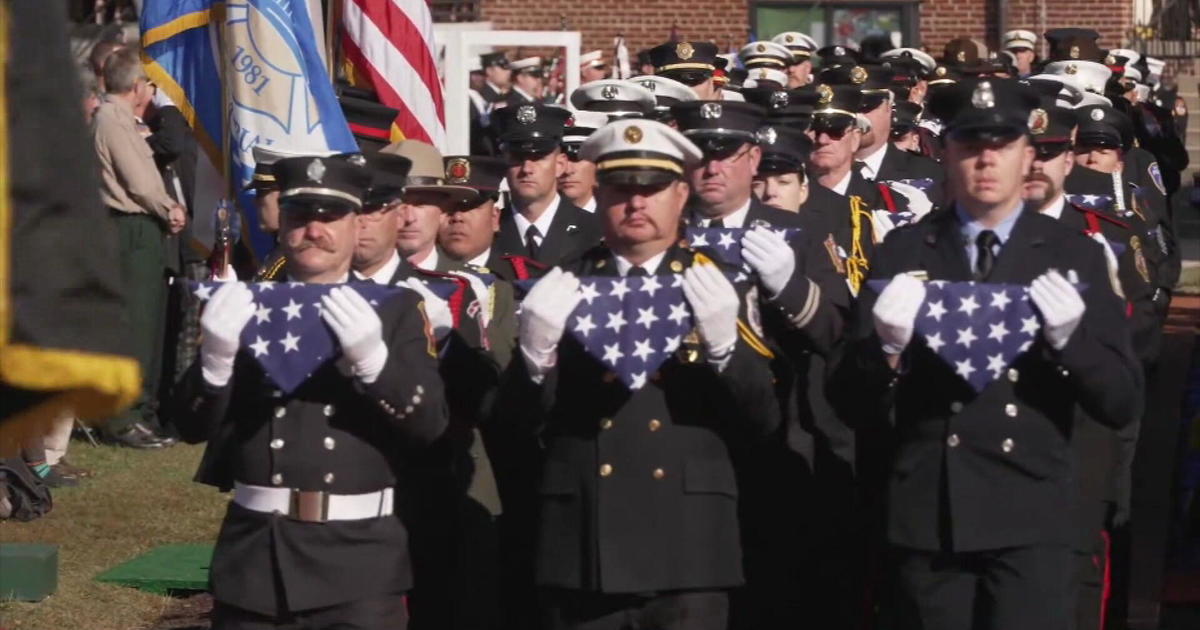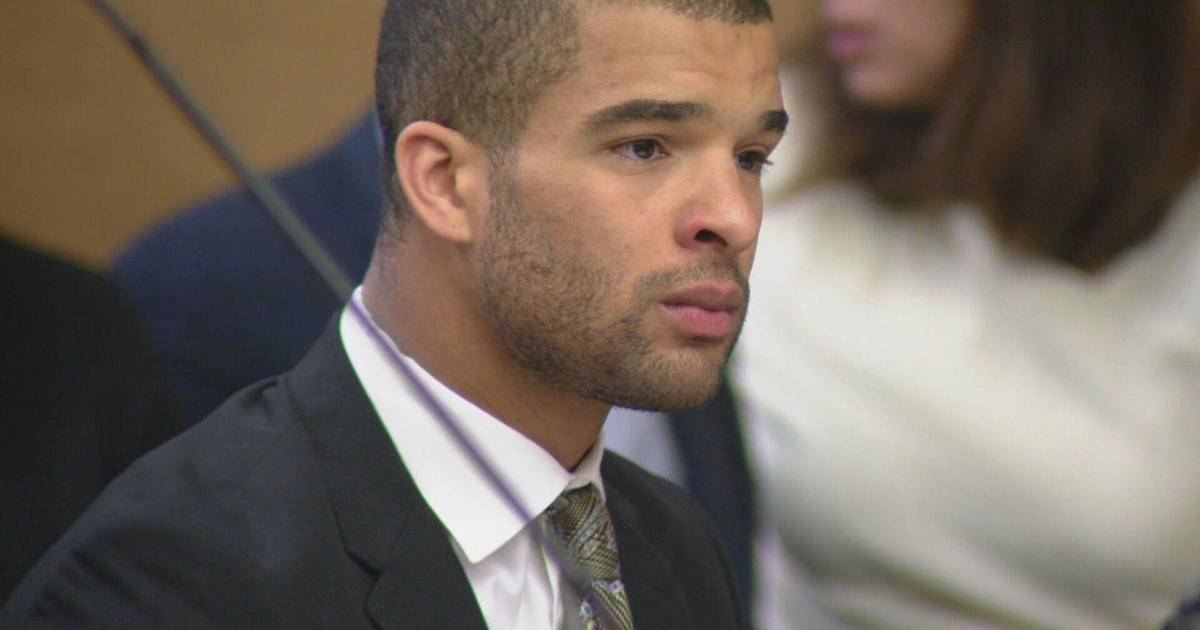Theater Shooter May Not Be Executed Even If Sentenced To Die
DENVER (AP) - The time has come for jurors to hear whether James Holmes should be executed for killing 12 people in a Colorado movie theater. But even if they choose death, Holmes could spend the rest of his life in prison awaiting capital punishment that never happens.
Colorado has executed only one person in nearly half a century, and just three people sit on the state's death row. The man closest to seeing his death sentence carried out was granted an indefinite reprieve in 2013 by the state's Democratic governor, who said he had doubts about the fairness of the state's death penalty system.
"Capital punishment is on life support in Colorado," Denver attorney Craig Silverman said.
As a prosecutor, Silverman secured a death sentence in 1986 against a man for kidnapping and killing a woman. Sixteen years later, Frank Rodriguez died on death row from hepatitis C complications.
"If you want a case that never dies, seek capital punishment and get a death verdict, and you'll be working on it for the next 20 years," Silverman said.
The same jurors who convicted Holmes of 165 counts of murder, attempted murder and other charges in his July 20, 2012, theater attack must soon decide whether he should pay with his life. The sentencing phase of his trial begins Wednesday.
LIVE VIDEO: Watch The Trial Live At CBS4's Theater Shooting Trial Special Section
The district attorney who prosecuted Holmes, George Brauchler, said that if any crime should be punished by death, it is this one: Holmes opened fire on an audience of more than 400 defenseless strangers in a darkened theater during a Batman movie premiere, killing 12 and injuring 70 others.
But many obstacles stand between Holmes and execution.
Death row inmates in almost every state spend decades in prison as mandatory appeals play out in court. But Colorado has adopted a unique system for such appeals, requiring those sentenced to death to file post-conviction claims before a higher court reviews their case. It was supposed to speed up the process, but "it actually slowed it down exponentially," said Hollis Whitson, a Denver defense attorney who specializes in appellate law.
Nationally, death row inmates spend an average of 15 1/2 years in prison before they're executed, said Michael Radelet, a sociology professor at the University of Colorado, Boulder, who has long studied the death penalty. It's impossible to say how Colorado compares because the state has executed just one man since 1967 - Gary Lee Davis, who was put to death in 1997 after a 10-year wait. He was convicted of kidnapping, raping and shooting a woman 14 times with a .22-caliber rifle.
The other two on Colorado's death row - Sir Mario Owens and Robert Ray - were sentenced to death more than five years ago for the same double murder, but their appeals still haven't been heard.
Whitson's study of capital punishment in Colorado from 1999-2010 found that the vast majority of death penalty prosecutions result in life sentences, pleas to lesser offenses or acquittals. Another study, in 2013, found that only 0.6 percent of first-degree murder cases resulted in death sentences.
"The cost of death prosecutions in Colorado is high, and the execution yield is extraordinarily low," Whitson's study determined.
Holmes' appeals could be even more complex because of his mental illness. Doctors testified that he suffers from schizophrenia. If his mental state deteriorates while he is on death row, he may never be executed, Radelet said.
"If he is sent to death row, we're going to need dump trucks full of money to pay the mental health experts who will continue to argue this for the next 20 years," Radelet said. "Even if Holmes is sane today, there will be inevitable questions about his sanity at the time of execution."
Part of the issue is Colorado's uneasy relationship with the death penalty.
The state abolished it in 1897, only to restore it in 1901, embarrassed by an outbreak of lynchings. The state's lower legislative house voted to repeal the death penalty in 1999, but the effort stalled in the Senate. Lawmakers' attempts to eliminate it again failed in 2009 and 2013.
"You have this odd combination here for ambivalence on the part of prosecutors and juries and a statute that permits the imposition of death in most murders," said Sam Kamin, a professor at the University of Denver Sturm College of Law who worked on the study. "In some cases it was lack of resources, in some cases it was the belief that a jury wouldn't impose it" or the victims' families didn't want it.
Colorado's lonely death row is not necessarily for lack of support. Nonpartisan Denver pollster Floyd Ciruli says support for the death penalty in Colorado polls has generally tracked those in national ones for decades. In 2013, a Quinnipiac University Poll indicated that 69 percent of Colorado voters backed capital punishment.
By Sadie Gurman, AP Writer
Associated Press writer Nicholas Riccardi contributed to this report.
(© Copyright 2015 The Associated Press. All Rights Reserved. This material may not be published, broadcast, rewritten or redistributed.)



